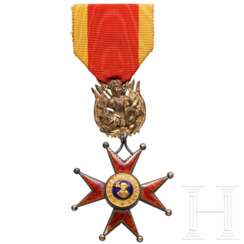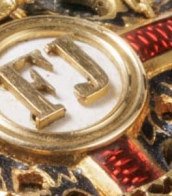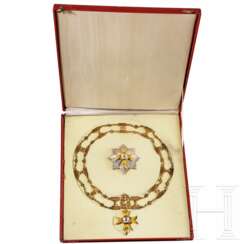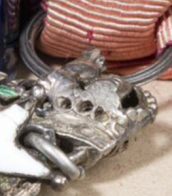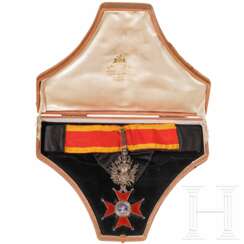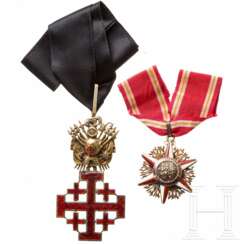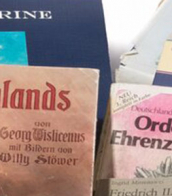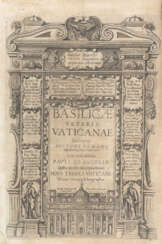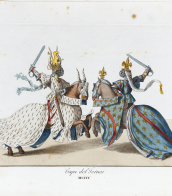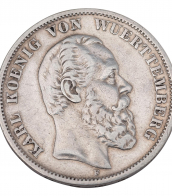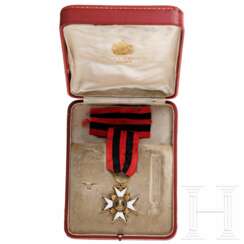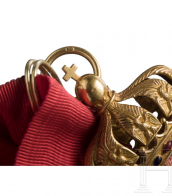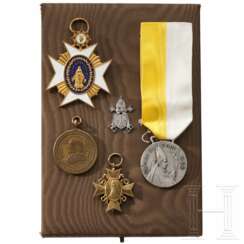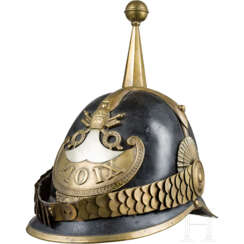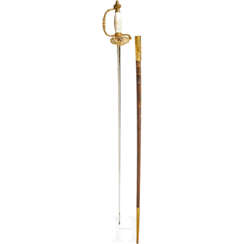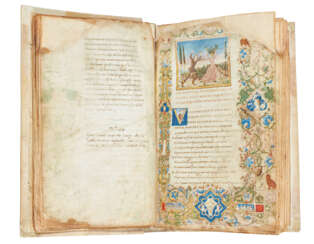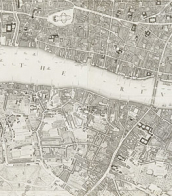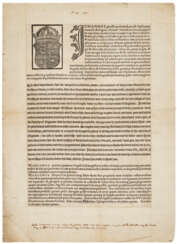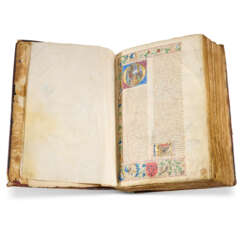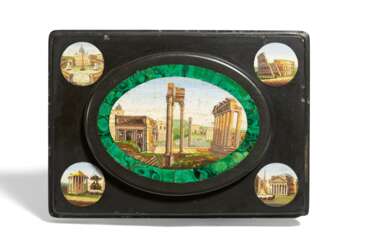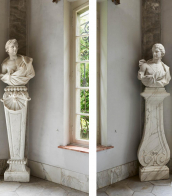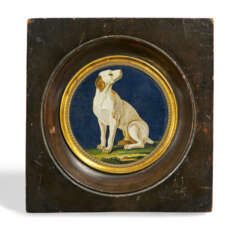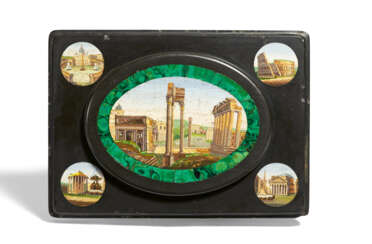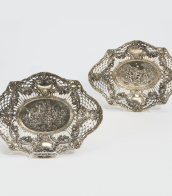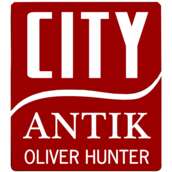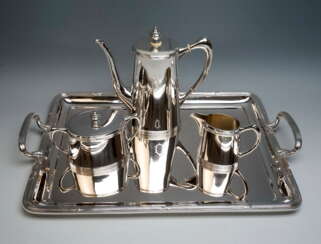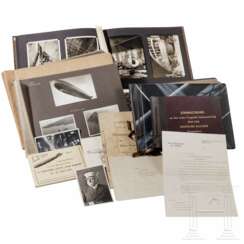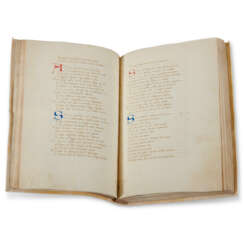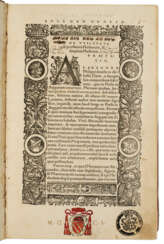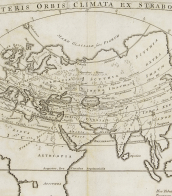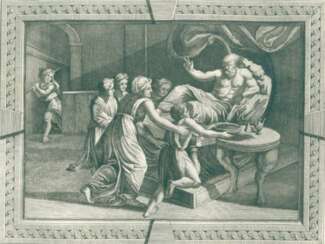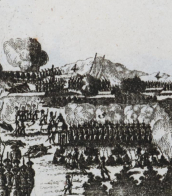vatican order

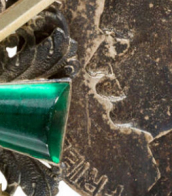
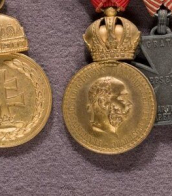



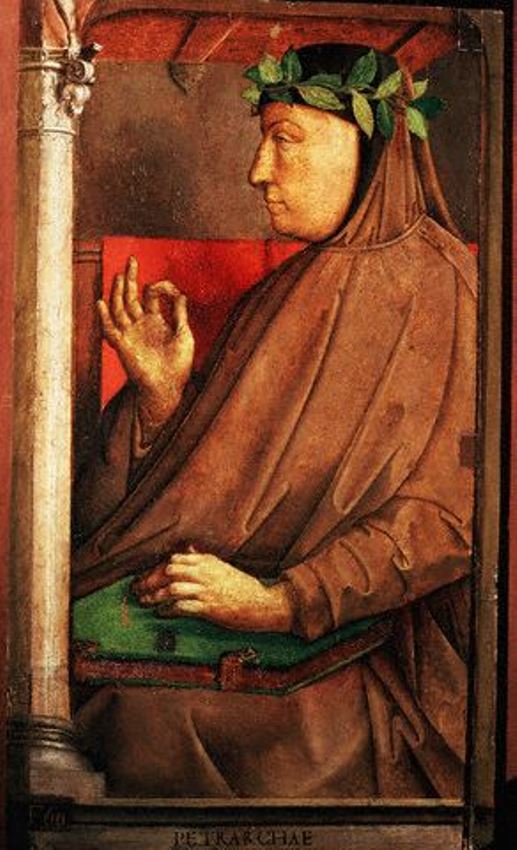
Francesco Petrarca was an Italian poet, the founder of European humanism, and one of the greatest figures of the Italian Proto-Renaissance.
Petrarca studied at the University of Montpellier, then at the University of Bologna, in 1330 entered the service of Cardinal Giovanni Colonna as a chaplain. Then he made various pilgrimages, in 1353 settled in Milan at the court of Archbishop Giovanni Visconti, and carried out important diplomatic missions. Petrarca spent the last years of his life in the village of Arquà near Padua.
Since 1337 Petrarca began to write literary works: these were historical poems in Latin and lyric poems in Italian. In 1327 Francesco saw Laura for the first time, undivided love for which was the main source of his poetry. Laura was for him an object of adoration and pure platonic love. Despite the fact that they saw each other only a few times and were not really acquainted, Petrarca carried this feeling through his life.
Passionate about ancient culture, Petrarch deciphered and commented on the manuscripts of Cicero, Quintilian and others. He opposed medieval scholasticism interest in the earthly purpose of man, argued that the nobility of man depends not on the nobility of origin, but on his virtue. Petrarca highly valued the mind and creative abilities of man, and these humanistic ideas found vivid expression in his lyrics, revealing the inner world of man. Petrarca's work laid the foundation for the formation of Italian humanism. He also dreamed of the unification of Italy, the revival of the former greatness of Rome.
Francesco Petrarca had one of the richest libraries of his time, where ancient Roman writers, poets, historians, philosophers were represented. He was one of the brightest representatives of the culture of the Renaissance. Petrarca's works are characterized by perfection of form and musicality of verse, which played a significant role in the development of European poetry. Among his works are the poem "Africa" about the Second Punic War in Latin, allegorical pastoral eclogues "Bucolics" (1346/1357), a book of songs "My Italy", "Noble Spirit", sonnets, etc.

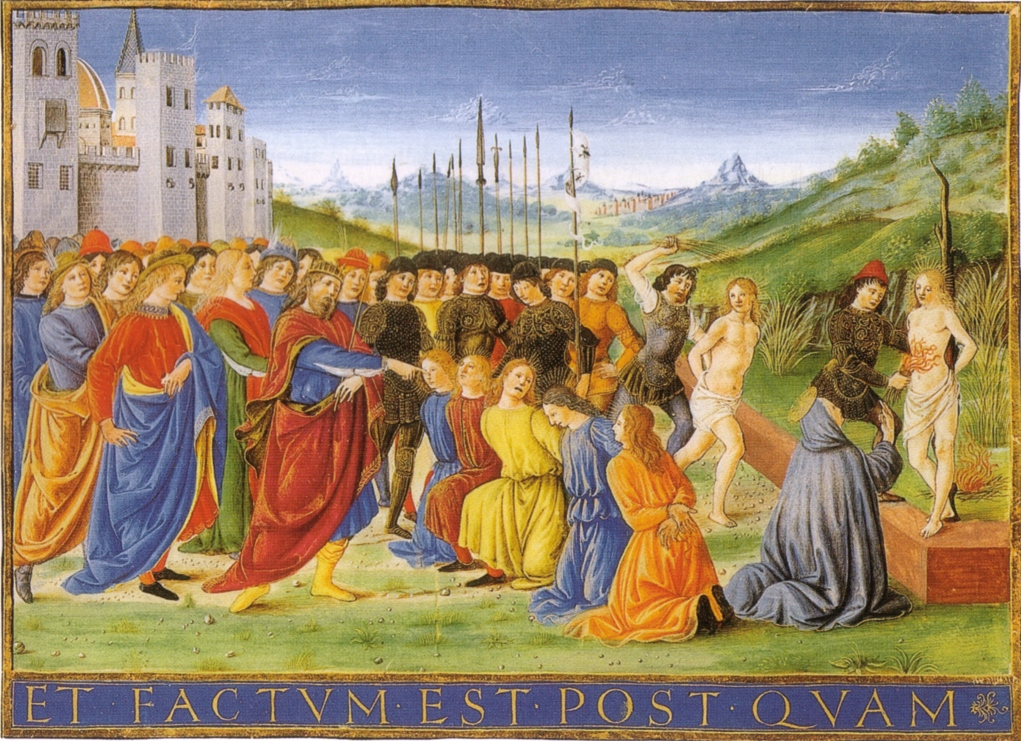
Attavante degli Attavanti, also Gabriello di Vante, is the best known and most representative artist of Italian miniature painting.
Attavante's elegant, expressive style was influenced by the work of Domenico Ghirlandaio and Antonio Pollaiuolo. His first recorded work, dated 1483, is a missal created for Thomas James, bishop of the Dol-de-Bretagne. He subsequently created several manuscripts for Matthias Corvinus, King of Hungary, and the Medici family, among whom was Pope Leo X. The workshop of Attavante also produced the Jerome Bible, one of the finest bibles created during the Italian Renaissance, now in the Portuguese National Archives.

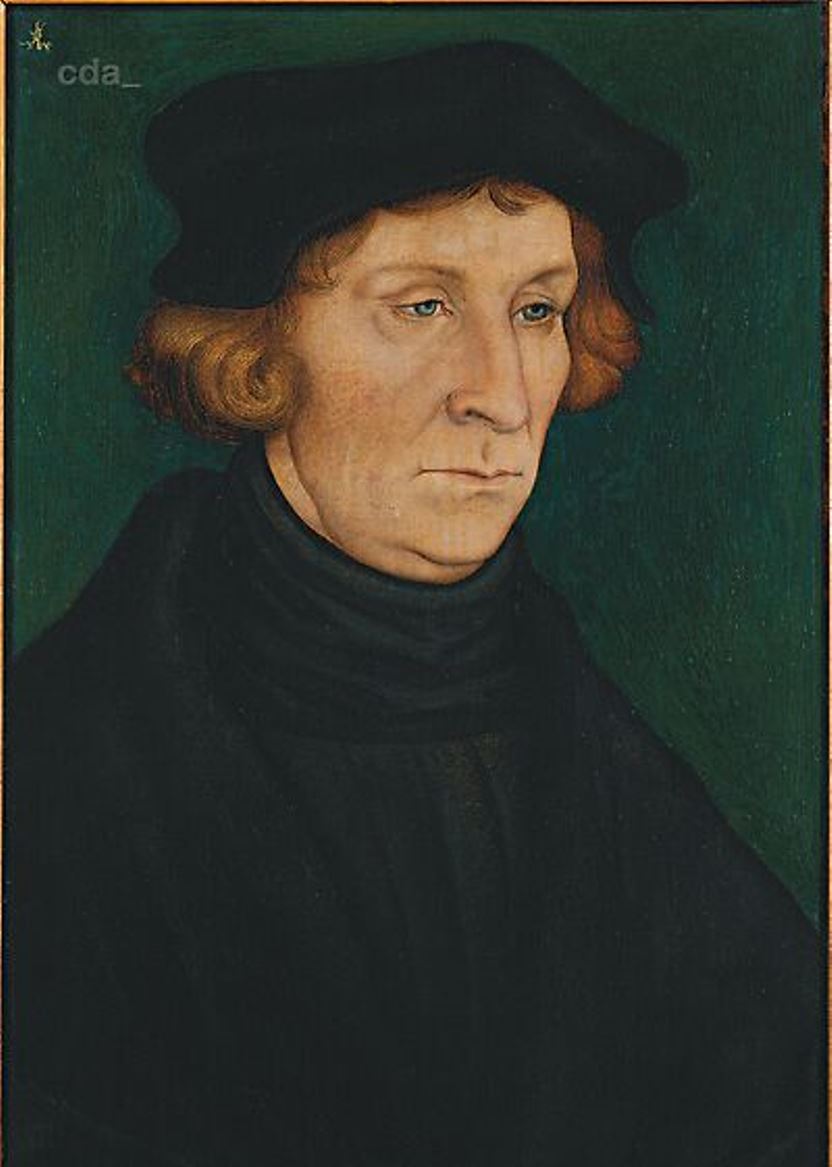
Otto Brunfels (also Brunsfels, Braunfels) was a German theologian, botanist and physician.
After studying theology and philosophy at the University of Mainz, Brunfels went to a Cartesian monastery near Strasbourg and later became interested in botany there. 1524 he opened a school in Strasbourg. In 1530, Brunfels began studying medicine at the University of Basel and two years later became city physician in Bern, where he remained for the rest of his life.
In addition to theological works, Brunfels published works on education, Arabic, pharmacy, and botany. His Herbarium Vivae Icones (1530 and 1536) and Contrafayt Kreüterbuch (1532-1537) contain woodcuts of German plants with their German common names. The 135 original woodcuts are detailed, accurate, and realistic depictions of living plants by the German artist and engraver Hans Weiditz. Brunfels' work contributed to the shift away from medieval outdated herbalism to the establishment of botany as a modern science. Carl Linnaeus considered Brunfels one of the founders of modern botany.

